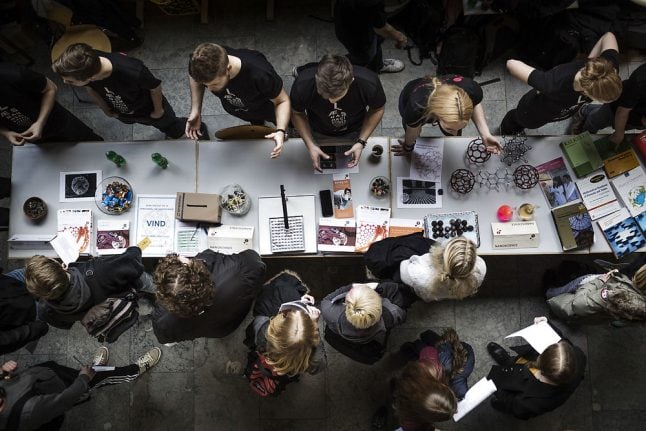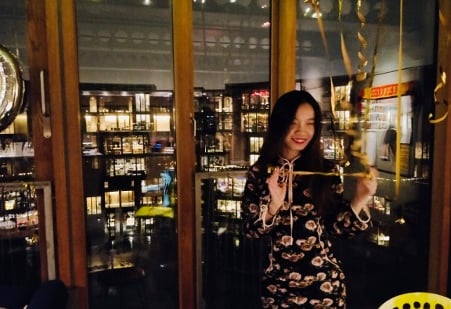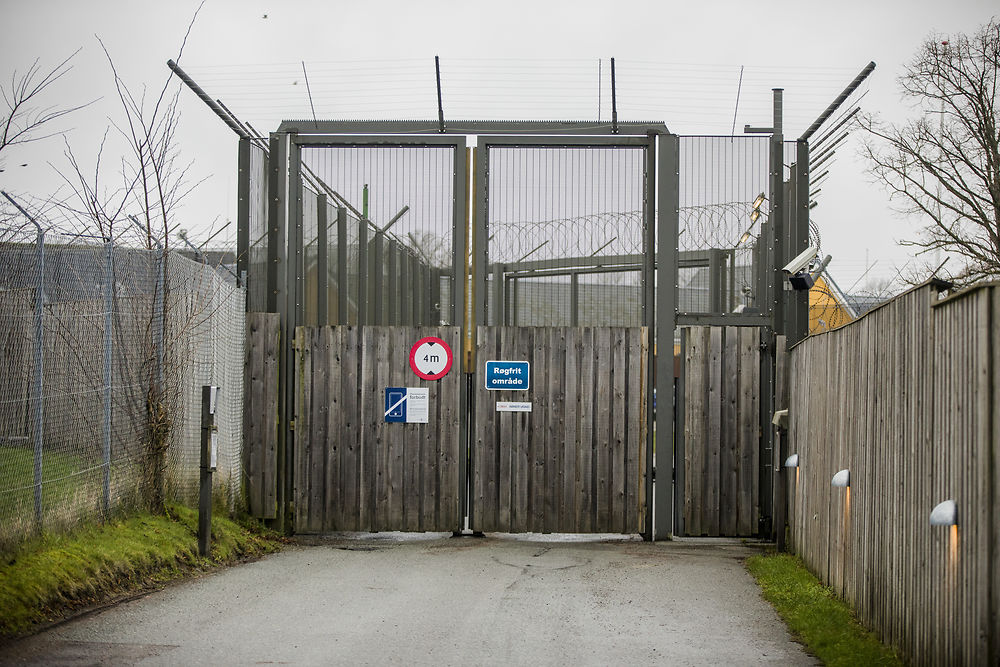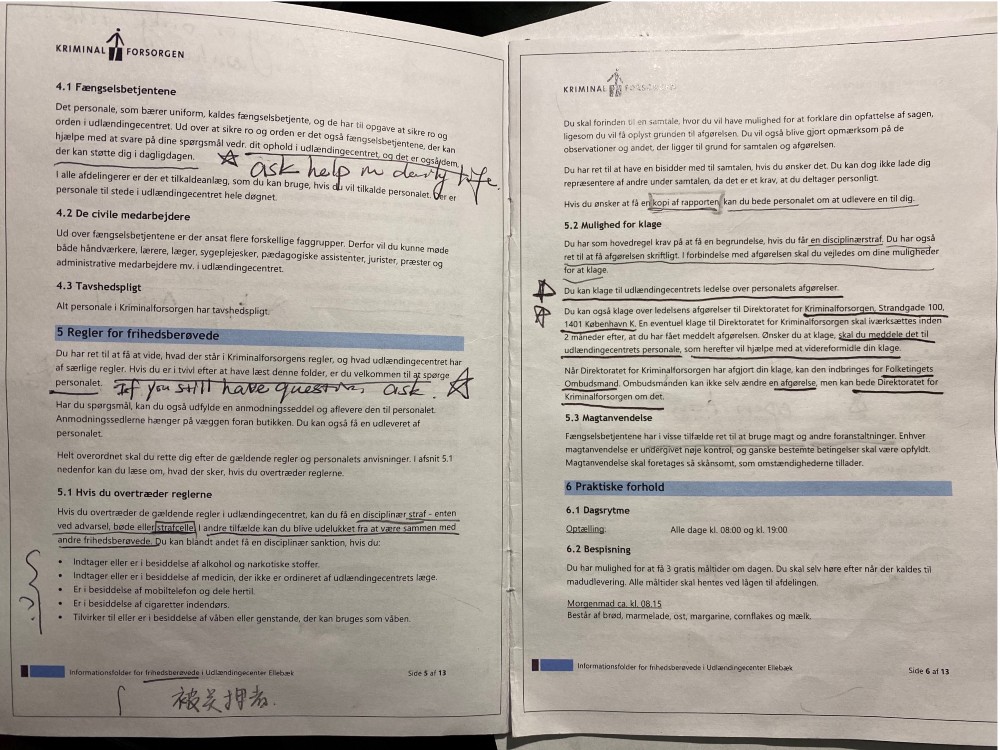EU rules enable foreign EU nationals who study in Denmark to claim the country’s basic grant for study at universities or other youth education institutions.
The grant, officially called Statens Uddannelsesstøtte but broadly referred to more simply as SU, provides 6,243 kroner per month (before tax) to students over 20 years old, covering basic living costs.
Nationals of other EU countries, as well as Switzerland and Norway, are also entitled to claim SU under a 2013 EU ruling which states that they must be treated the same as Danish nationals with regard to SU provided they work for 10-12 hours weekly alongside their studies.
Since that ruling, the number of foreign students receiving SU in Denmark has increased from 5,100 in 2014 to 11,900 in 2019.
That is despite a 2013 SU reform in which a parliamentary majority agreed that annual expenditure on SU for foreign nationals must “not significantly exceed” 442 million kroner.
The Danish state in fact spent 513 million kroner on SU for foreign students in 2018, an amount that is expect to increase to 520 million kroner for 2019 once last year’s figure is finalised. The numbers comes from a parliamentary question to the minister of education and were first reported by Berlingske.
Foreign students in Denmark who qualify for SU are also eligible to draw the state student loan (SU-lån). The state has been reported to be struggling to recover large amounts of money loaned to foreign students who leave the country after completing their studies.
READ ALSO:
- International students owe Denmark 123 million kroner: report
- Denmark could hire private firms to recover foreign student loans
A 2017 analysis by Danske Universiteter, the interest organisation for Denmark’s eight universities, found that the SU-eligible foreign students are worth the expense.
According to the analysis, foreign graduates of Danish universities contribute an average of 779,000 kroner to the country’s economy.
Nevertheless, conservative parties have expressed their opposition to the current levels of SU spending.
Liberal (Venstre) party education spokesperson Ulla Tørnæs, a former education minister, told Berlingske the situation was “not in order”.
“That is a very, very large amount of money. It has never, ever been the intention that Denmark should pay other countries’ education costs, as these figures suggest,” she said.
Conservative party education spokesperson Katarina Ammitzbøll said she would ask the government to outline how it intends to prevent further spending on international students’ SU.
The current minister for education, Ane Halsboe-Jørgensen, called international students a “benefit for Denmark” overall.
“But it is clear that there needs to be a balance in this. We need to find a fair balance between people that come here (to study) and how many subsequently stay here to work,” she said to Berlingske.
READ ALSO: ‘Denmark's constant residency curbs will turn away skilled workers' (2017)





 Please whitelist us to continue reading.
Please whitelist us to continue reading.
Member comments